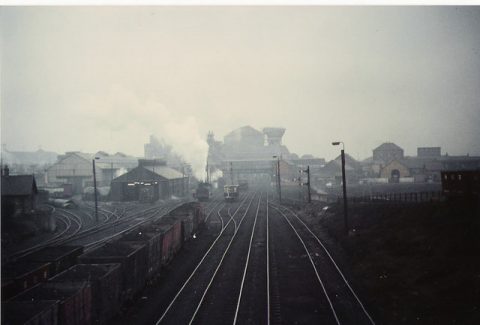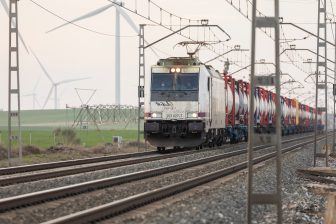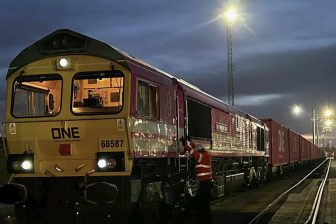
Little sign of consensus ahead of British strike meeting
Image: Geograph UK Geograph UK
The new UK rail minister, Huw Merriman, and rail employer representatives, have scheduled a meeting with RMT general secretary Mick Lynch this Friday (2 December). However, after a preliminary meeting last week, between the Lynch and Harper, the transport secretary made a widely covered media appearance on Sunday, firmly putting the case for no reward without reform, saying working practices must change if the union’s pay demands are to be considered.
Do you want to read the full article?
Thank you for visiting RailFreight.com. Become a member of RailFreight Premium and get full access to all our premium content.
Are you already a member?
Having problems logging in? Call +31(0)10 280 1000 or send an email to customerdesk@promedia.nl.




